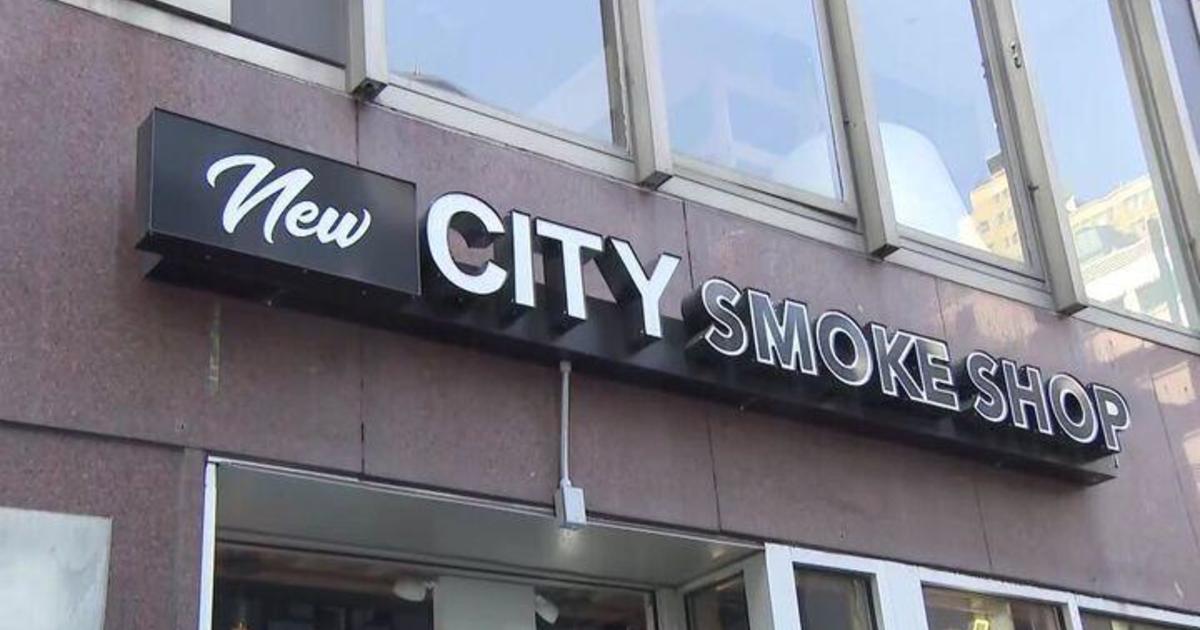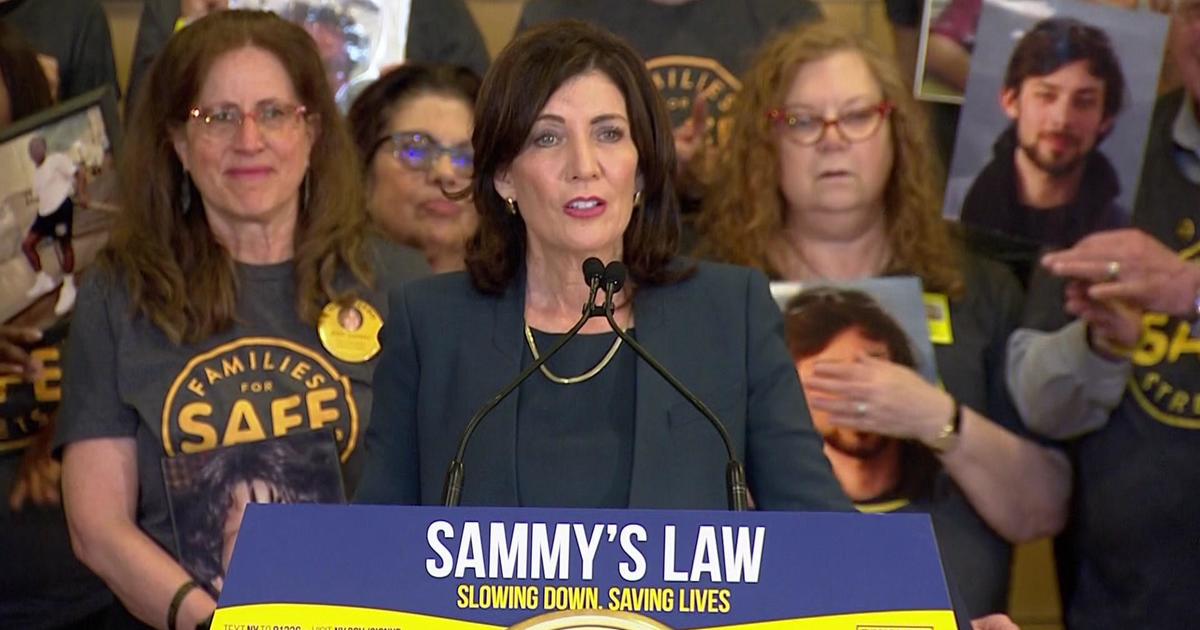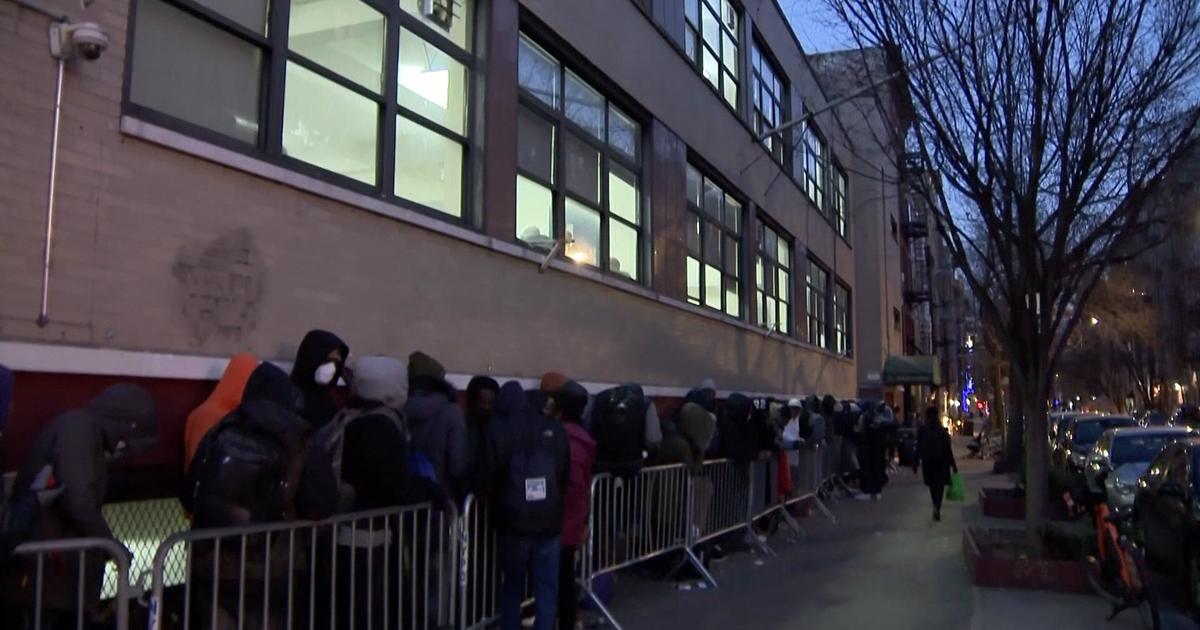NYPD Slams Report Saying Quality Of Life Enforcement Doesn't Impact Serious Crime
NEW YORK (CBSNewYork) -- A new city report has raised questions about the NYPD's quality of life policies – in particular the "broken windows" policy.
As CBS2 Political Reporter Marcia Kramer reported, police Commissioner Bill Bratton first took command of the department under Mayor Rudolph Giuliani in the crime-filled 1990s.
Back then and all the time since, Bratton has championed the "broken windows" policy of going after quality of life offenses to help reduce bigger crimes.
But now, a report by the city Department of Investigation and the Inspector General for the NYPD challenges that concept, finding that a statistical analysis of the five years between 2010 and 2015 found "no such relationship."
The report found there was not a link between arresting people for quality of life offenses such as public urination, littering and unreasonable noise, and the reduction of felony crimes.
The report provoked an unusually strong response from the NYPD, which called the report's methodology "deeply flawed."
The NYPD said the report "fails to acknowledge what all New York City residents know: that every community in the city is safer and has a better quality of life due in large part to the extensive quality of life enforcement efforts and proactive policing that was implemented in 1994 by the New York City Police Department."
The report was also instantly regarded as political, coming as it did on the heels of Mayor Bill de Blasio signing a package of reforms last week where people caught in quality of life offenses will get fines rather than criminal arrests.
City Councilman Rory Lancman (D-24th) is one of the sponsors of that legislation.
"We don't need to be afraid to dial down the temperature on our criminal justice system for low-level quality of life offenses," Lancman said.
But Richard Aborn, president of the Citizens Crime Commission of New York City, disputed the findings of the report.
"I was a little surprised at the time period they looked at," Aborn said. "I think if you want to probe the impact of quality of life enforcement or any individual police technique, you should look at the period when crime was very high."
And the issue is one where everyone has an opinion.
"I think public urination is not really a good thing in the public," said Sarah Artsy.
"I think that it's definitely something to be looked into, but I as well think that jail isn't the answer," said Irene Kontonicolas.
"I don't think they should be arrested, but I think that a citation, yeah, depending on how the level of their wrongdoing that they are doing," said David Torres.
City Council Speaker Melissa Mark-Viverito, who first proposed the reforms on handling quality of life offenses, said the report backs up her belief that the NYPD can continue to keep New Yorkers safe while making the punishment fit the crime.
Meanwhile, the Department of Investigation fired back at the NYPD and its claim that the report was "deeply flawed." The DOI said despite what the NYPD claimed, its report notes the value of the need to crack down public urination and other quality of life offenses.
The DOI also said focusing on the time when crime was highest would miss the point.
"We were not writing a history of quality-of-life policing. We were interested in what works now," the DOI statement said. "As everyone in law enforcement knows, New York is a different City now, and data from 25 years ago does not speak to effective policing today."



